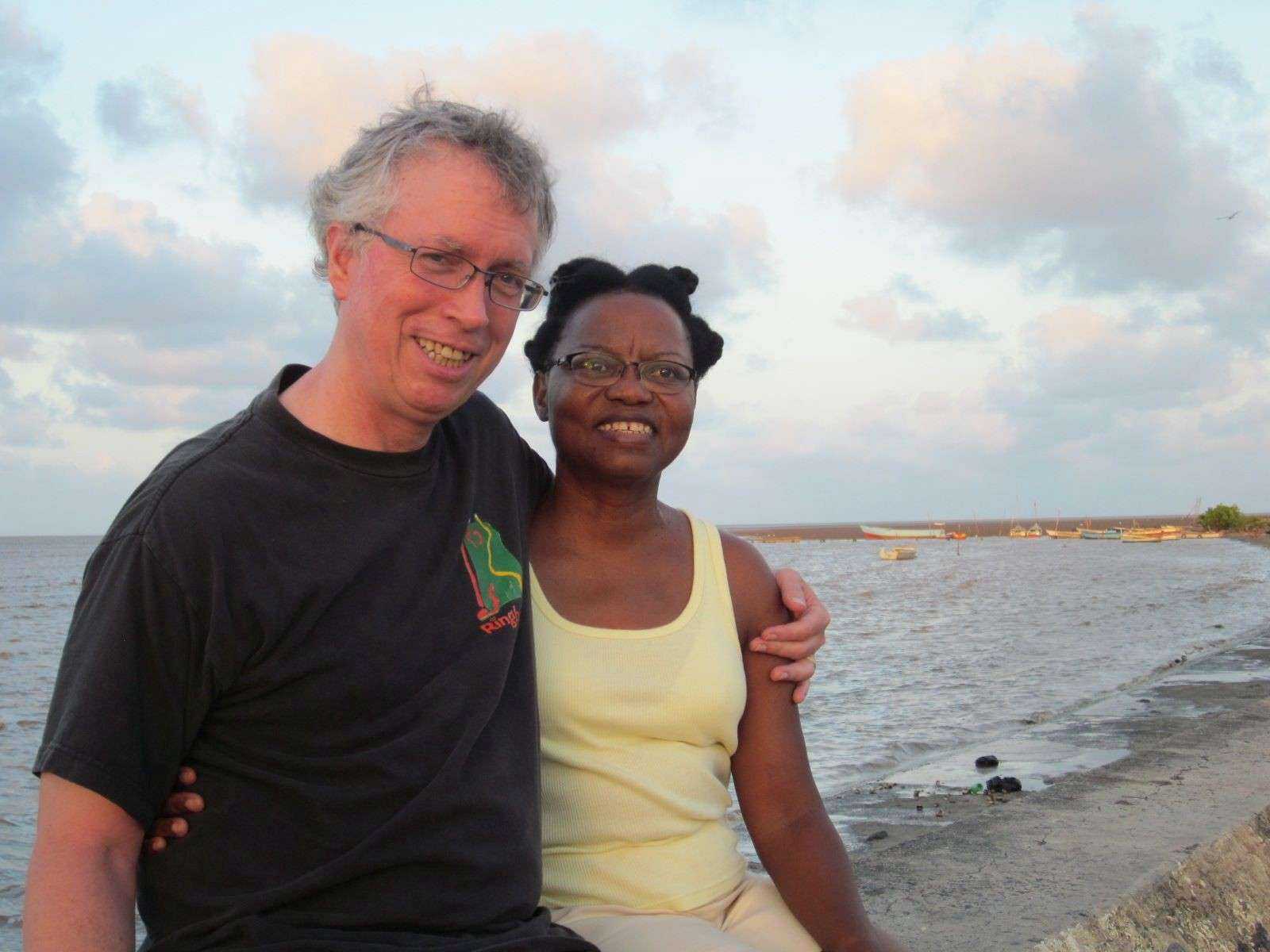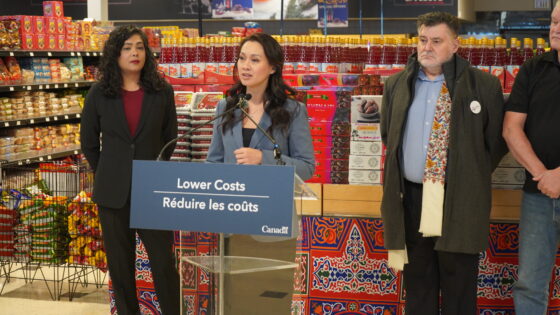on
BY MICHAEL THOMAS
January 24th, 2021 would have been the 98th birth anniversary of Brindley Horatio Benn.
The book “The Ants Will Come and Tell Me” documents how on three separate occasions, the British and American governments came together to overthrow the democratically elected government in the South American nation of Guyana, making it an early test for the techniques of “regime change” by means of divide and rule.
Brindley and Patricia Benn, and their children, have constantly fought for Guyanese sovereignty for over sixty years. Brindley Benn served as Deputy Premier in the early 1960s, fighting alongside Dr. Cheddi Jagan to help free British Guiana from the British.
It was Patricia who led the campaign to enfranchise Guyanese women. When their government was finally removed in 1964 and replaced with the puppet regime of Forbes Burnham, the Benn family helped lead the resistance. When Burnham embraced the Reverend Jim Jones and his People’s Temple cult from the US, it was Brindley Benn who sounded the alarm, long before the deadly Jonestown massacre. After Brindley died in 2009, Patricia and the next generation of Benns continued his legacy.
“History teaches that movements have high points and low points. Jewish history records that on their way to the Promised Land, the Jews were set back for forty years in the wilderness. Perhaps, like that story, the march to a new earth must wait, correct itself, and recuperate before another advance, and it won’t take forty years, because the contradictions inherent in the system will be seen as a spur to a new push. I don’t think I will be around, but the ants will come to the grave and tell me.” Brindley Horatio Benn, 1991.
Anyone who reads this book will get an inside look into the lives of Brindley and Patricia Benn and their family, who loom large in the history of this small South American nation of Guyana.
Guyana, because of its recent discovery of oil resources is about to take on a much more prominent role on the global stage. With this book, the authors hope that Guyanese, both young and old will gain a better understanding of their nation’s long struggle for the right to develop into a sovereign nation-state.
Here are some of the thing’s readers of “The Ants Will Come and Tell Me” will learn.
- The astonishing saga of the 2020 Guyana election is recounted in detail: how Guyana entered the Guinness Book of Records for the longest interval between an election and the formation of the new government, as a gang of political desperados made a clumsy attempt to rig the election outcome with the entire world looking on.
- The book examines the efforts of the PPP/C administrations, from 1992 to the present day, to revive the outlook and intentions of Cheddi Jagan, Brindley Benn, and the other leaders of Guyana’s independence movement.
“The Ants Will Come and Tell Me” was written by Benns’ third daughter Lena and her husband Daniel. This book is the result of countless hours of interviews and is also documented with recently declassified material from the U.S. State Department, archives of the CIA and MI5, and material made public by Wikileaks, however when Toronto Caribbean Newspaper spoke with authors Lena and her husband Daniel Platt it was like sitting in a history class and these two were the professors of Guyana’s history.
When asked why England and America are so eager for regime change in that country? Lena answered, “The first time which is 1963-1964 they were terrified that the Cheddi Jagan government (PPP), which had won two previous elections would come to power in Guyana and lead the country to independence from the British and would lean more to the left and this was a threat just like Cuba, and the rumour was that Guyana could become a second Cuba.”
Daniel who did most of the research on this book answered, “We know from declassified documents that President John Kennedy was very concerned that an independent government of Guyana might nationalize bauxite which would be very embarrassing to his re-election campaign.”
Toronto Caribbean Newspaper “How relevant is Guyana’s present situation to this book?”
Lena said, “The younger generation of Guyanese are not familiar with this history coupled with the mass exodus from the country beginning in the late 70s through much of the 80s. It is said that over 400,000, which is almost half of the Guyanese population, currently live in the US.”
She also noted, now that oil has been found in Guyana the country is almost entirely dependent on other countries to produce its own oil product at this stage.
This book dives deep into Guyana’s political history and troubled elections as author Dainel Platt revealed, “In order to understand the 2020 elections, it is important to look at the history of elections in Guyana. From 1964 to 1992 there were no real elections in Guyana, just shammy elections that were rigged by the PNC government with assistance from the United States, and we know this because the US has declassified diplomatic cables in which they frankly speak about (the best way to rigg elections in Guyana.)”
Speaking of the best way, Lena closed the interview by adding that, “Guyana’s future is really dependent on Guyanese rising above the divisions that they get manipulated by, and keeping one people, one nation and one destiny.”
This book is being released on Amazon as a Kindle e-book, as well as in two paperback editions.
Stay in the loop with exclusive news, stories, and insights—delivered straight to your inbox. No fluff, just real content that matters. Sign up today!
In his new role as a reporter and Journalist, Michael can he be described in two words: brilliant, and relentless. Michael Thomas aka Redman was born in Grenada, and at an early age realized his love for music. He began his musical journey as a reggae performer with the street DJs and selectors. After he moved to Toronto in 1989, he started singing with the calypso tents, and in 2008, and 2009 he won the People’s Choice Award and the coveted title of Calypso Monarch. He has taken this same passion, and has begun to focus his attention on doing working within the community.













